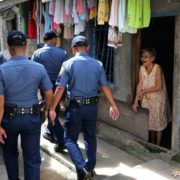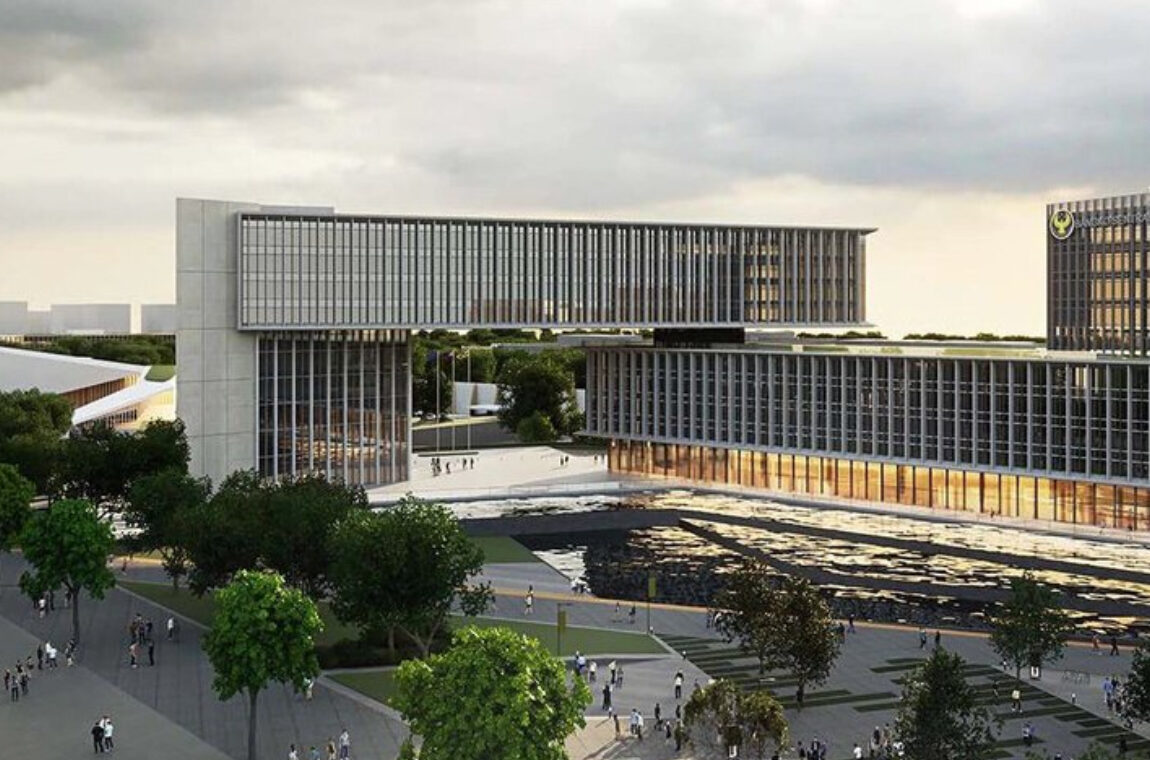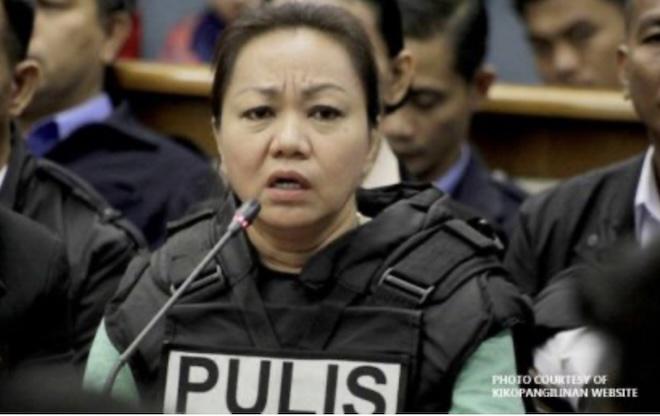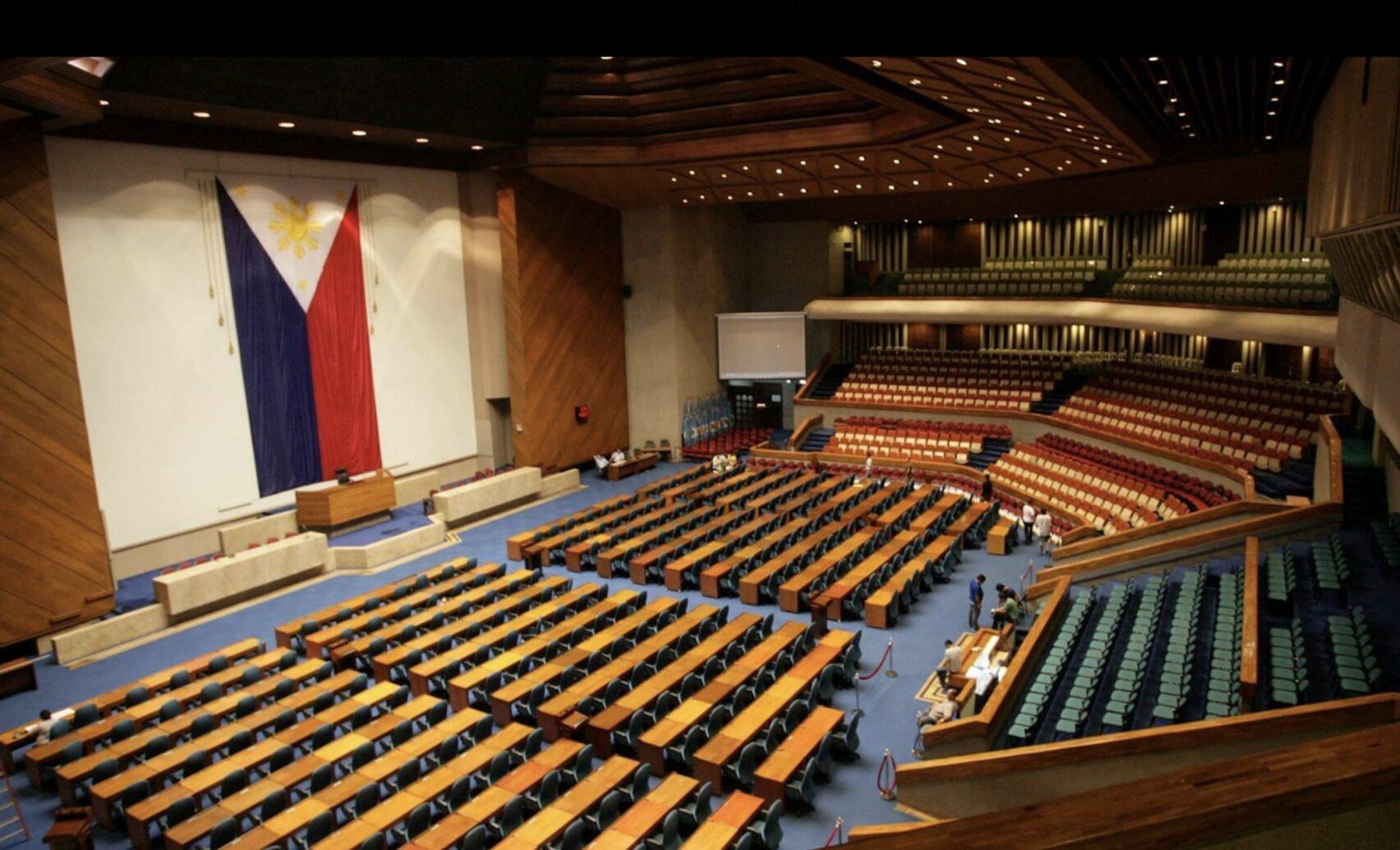The United States is “cautiously optimistic” that the human rights situation in the Philippines is steadily improving amid the ongoing implementation of the government’s anti-illegal drugs campaign, an official said Tuesday, January 30.
According to James Walsh, a senior official from the U.S. Bureau of International Narcotics and Law Enforcement Affairs (INL), the number of supposed extrajudicial killings (EJKs) in the Philippines is shrinking.
“Many folks have been tracking the EJKs in the Philippines, and the trends are going down, so there is some encouragement that we are seeing in some of our human rights training working,” Walsh told reporters in a briefing.
He added, “I would describe the United States being cautiously optimistic when it comes to the appropriate way for a drug campaign.”
Philippine President Rodrigo Duterte’s so-called drug war has received heavy backlash from human rights organizations over the alleged thousands of abuses and extrajudicial killings, including cases involving unknown vigilantes.
The Duterte administration, however, has maintained that the deaths under the anti-illegal drugs campaign were not state-sanctioned and only involved suspects who violently resisted arrest.
The Philippine government also claimed that only about 4,000 drug suspects were killed during legitimate operations since the campaign’s launch in 2016, and that the about 12,000 deaths cited by human rights organizations and critics were bloated.
According to Walsh, the U.S. previously “reduced our support to the [Philippine] police because of some of the human rights concerns.”
Still, he added that Washington continues to provide support Manila in other areas such as “drug demand reduction programs,” rule of law, and boosting maritime security.
At present, Walsh indicated that there were signs of fewer extrajudicial killings and that the U.S. is hopeful that the Philippines will maintain the positive trend.
“I would describe the United States as being cautiously optimistic in the trends when it comes to a good…appropriate way for a drug campaign,” said the INL official.
In a statement on Wednesday, January 31, Malacañang said that Walsh’s words “hint of a growing appreciation of the positive impact of the administration’s anti-illegal drug campaign.”
Malacañang, however, insisted that the Duterte administration does not endorse abuses.
“We wish to reiterate that extrajudicial killings never had — and will never have — a place in the anti-illegal drug campaign,” Palace Spokesperson Harry Roque stressed.
Roque also cited that members of the ASEAN (Association of Southeast Asian Nations), as well as China and Japan, have “fully supported our efforts to contain the manufacture and proliferation of illegal drugs.”
“These efforts are anchored on respect for human rights, cognizant of our obligation to protect our people’s right to life and to live in peace and security. And we wish to reiterate that extrajudicial killings never had — and will never have — a place in the anti-illegal drug campaign,” he added.
The Palace official likewise noted that the Philippine Drug Enforcement Agency (PDEA)-led drug war has produced great results, “with dens and clandestine laboratories dismantled and drugs seized with fewer drug-related deaths.”
Roque went on to say, “We are confident that the re-launch of the Philippine National Police (PNP) Operation Tokhang would have similar results. This early, there have been hundreds of surrenderers and no casualty on its first day.”
Earlier this week, the PNP resumed its resumed its Oplan Tokhang under new rules and guidelines that requires stricter observation of human rights. Oplan Tokhang, which means “knock and plead,” is an anti-illegal drugs initiative in the country wherein authorities knock on the doors of suspected drug users or pushers and ask them to surrender. (Dana Sioson/AJPress)






